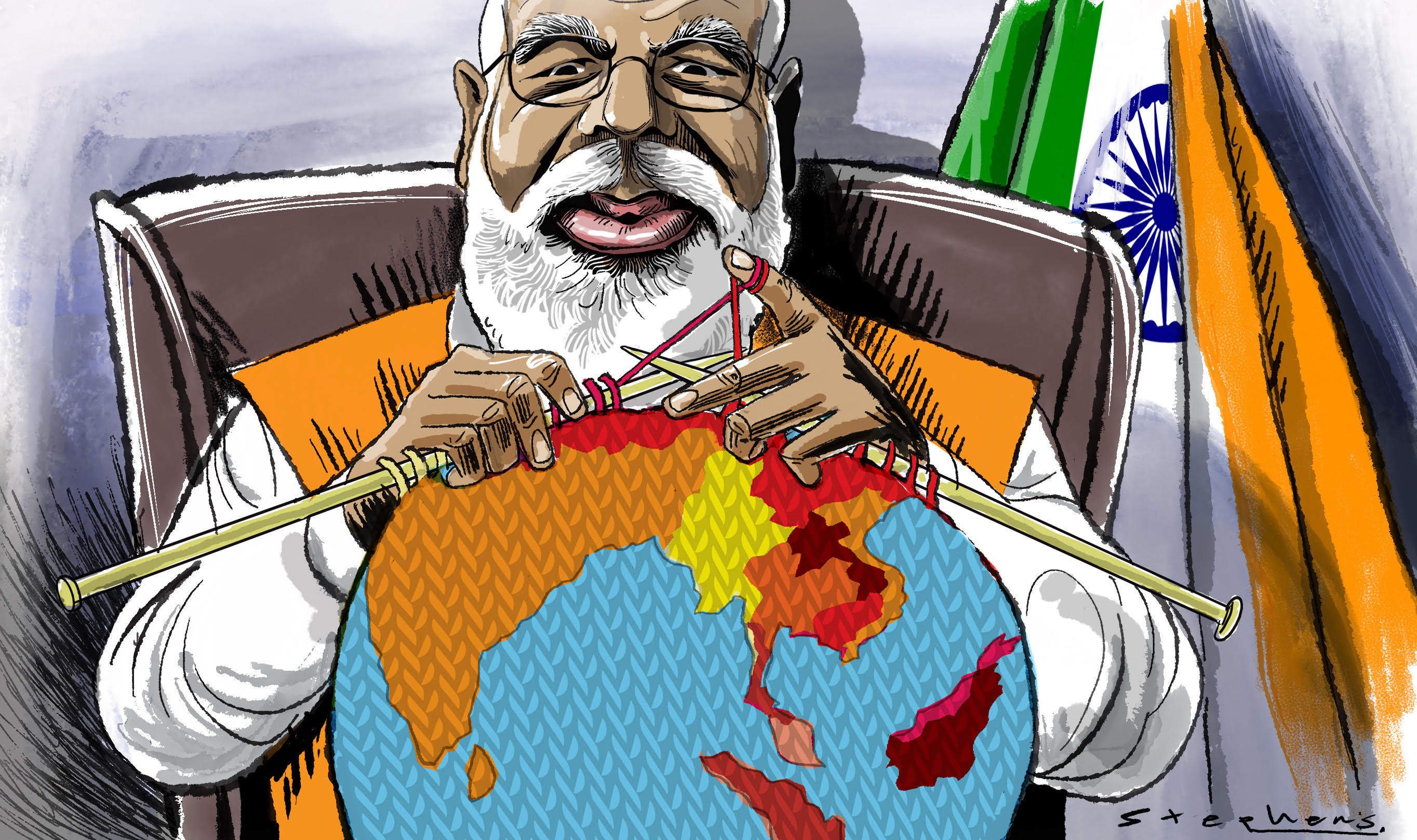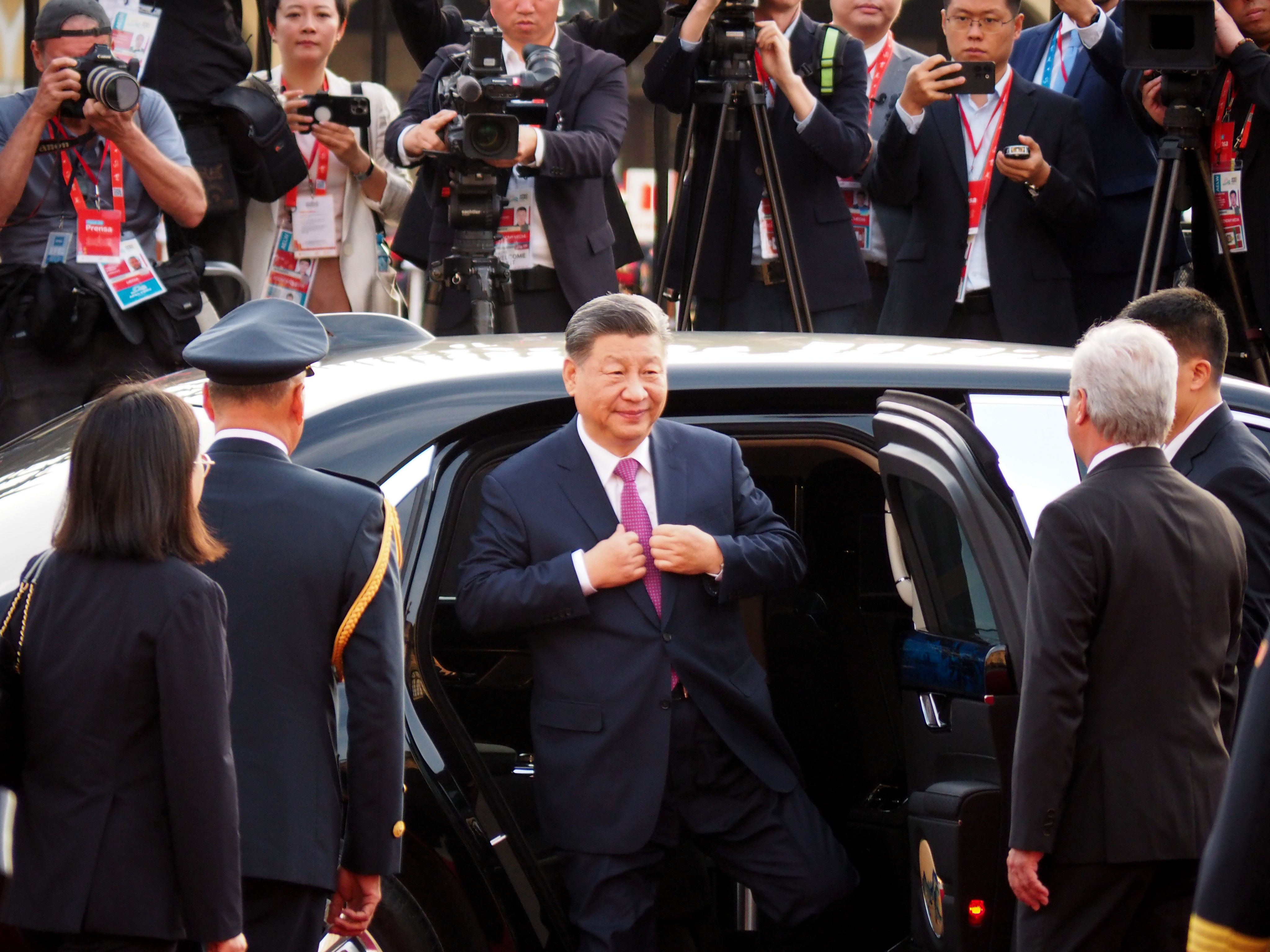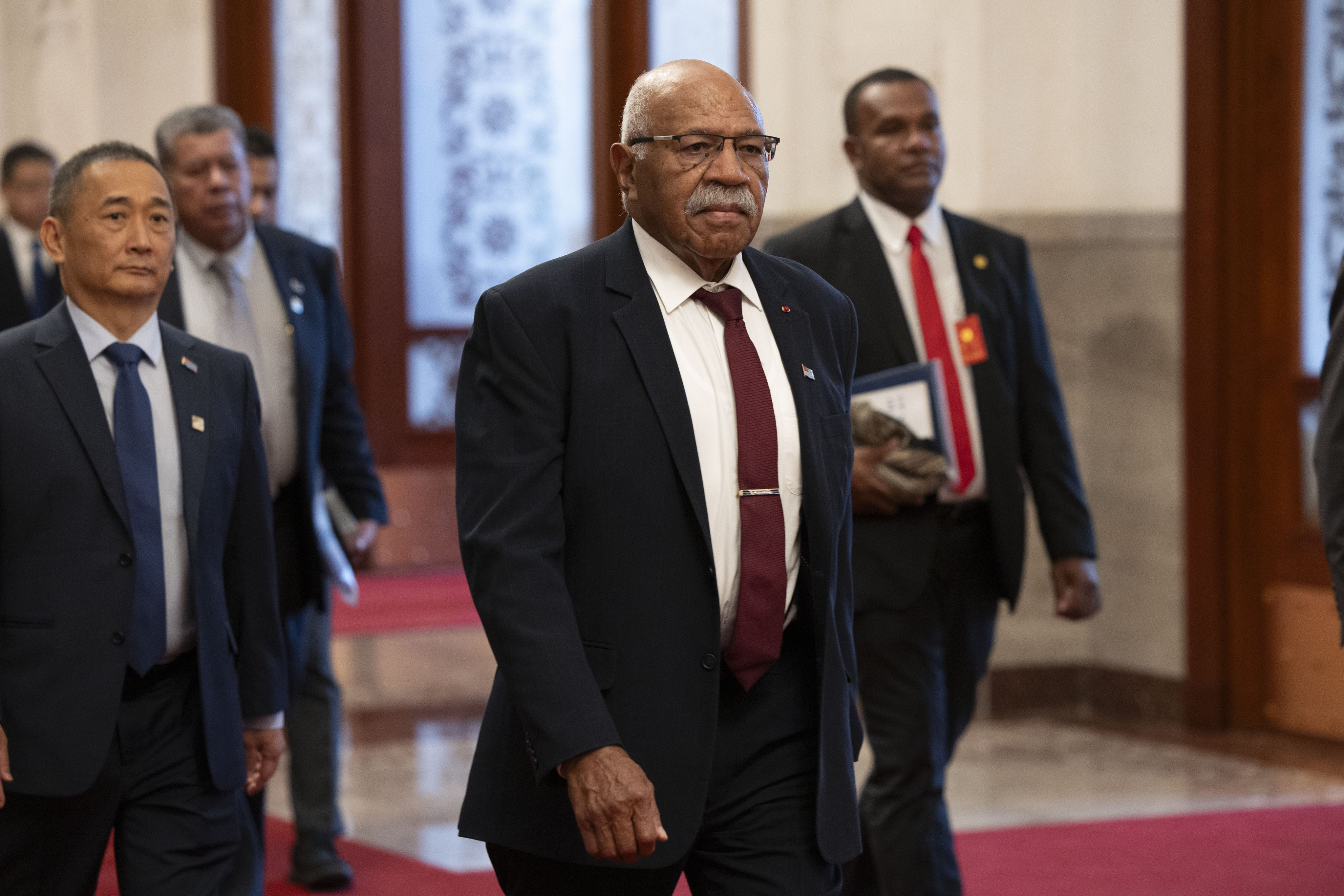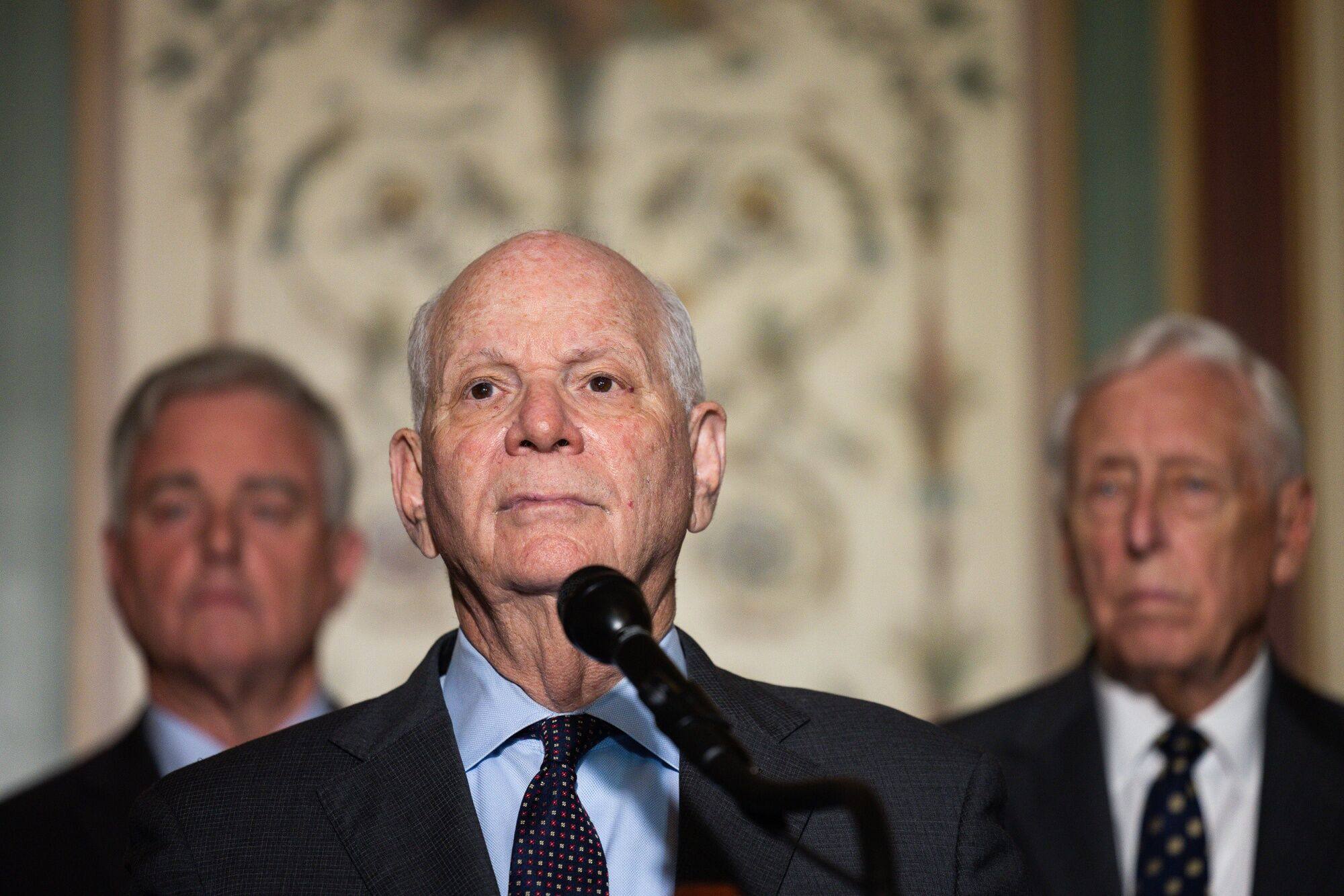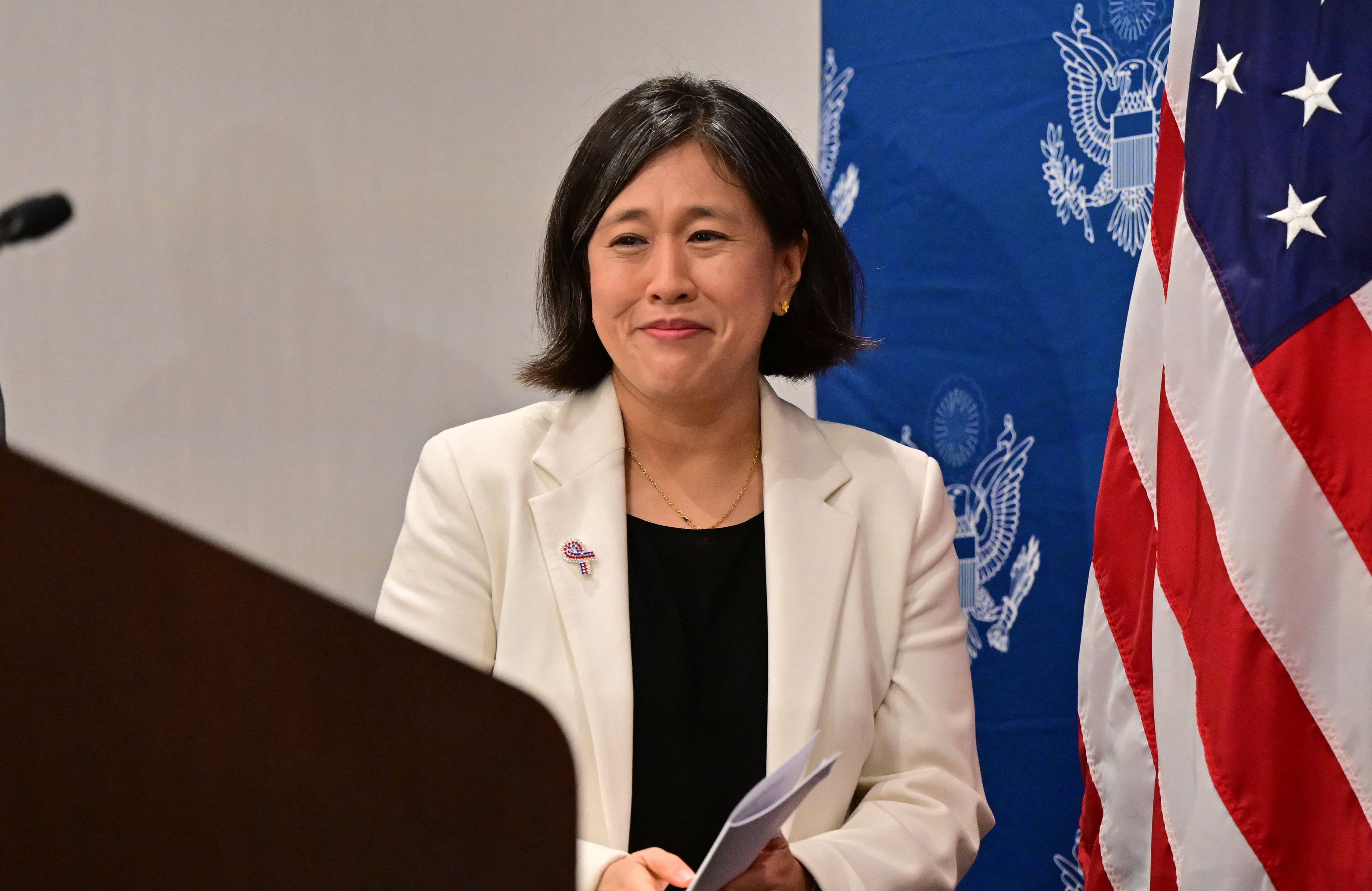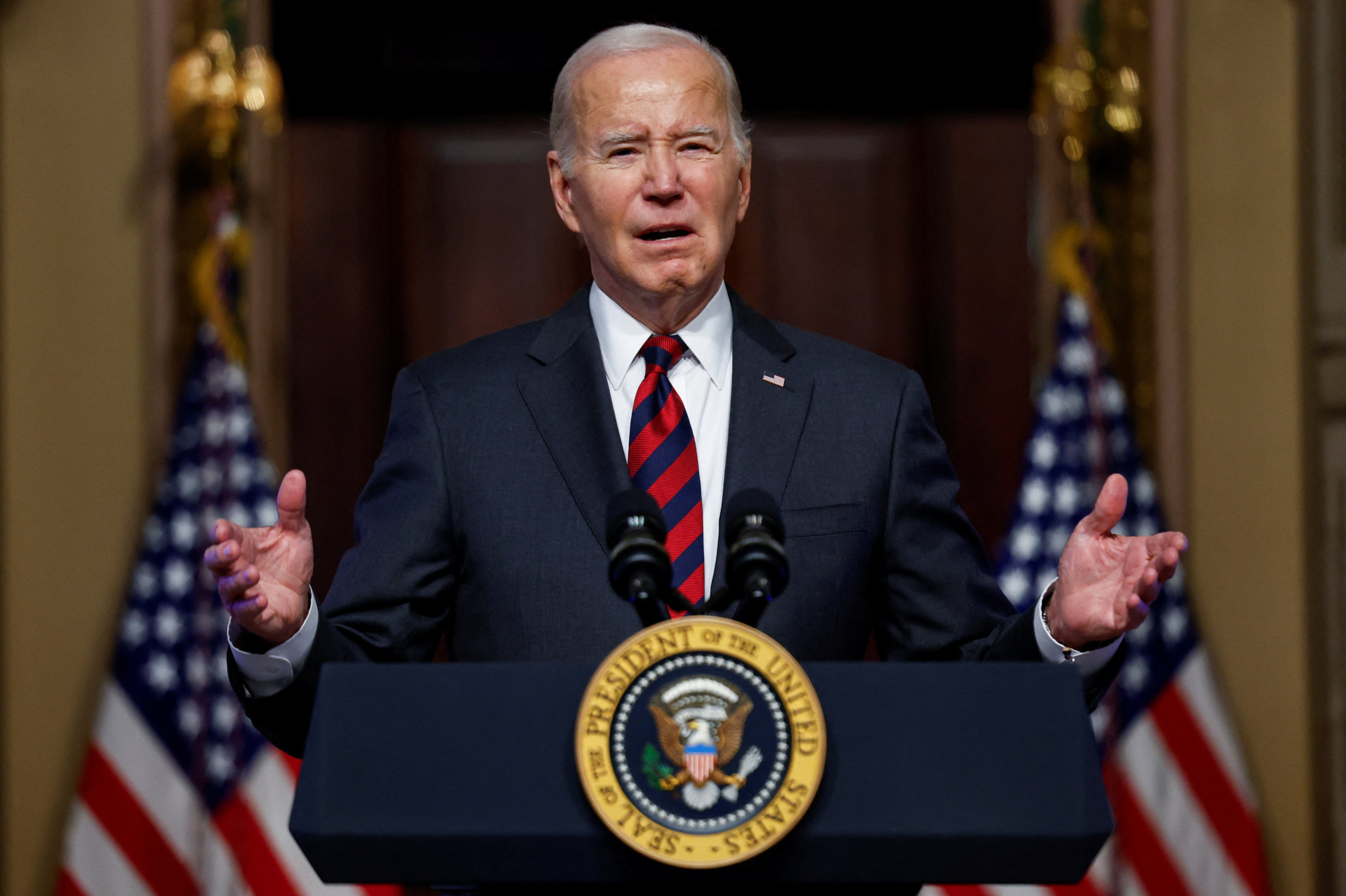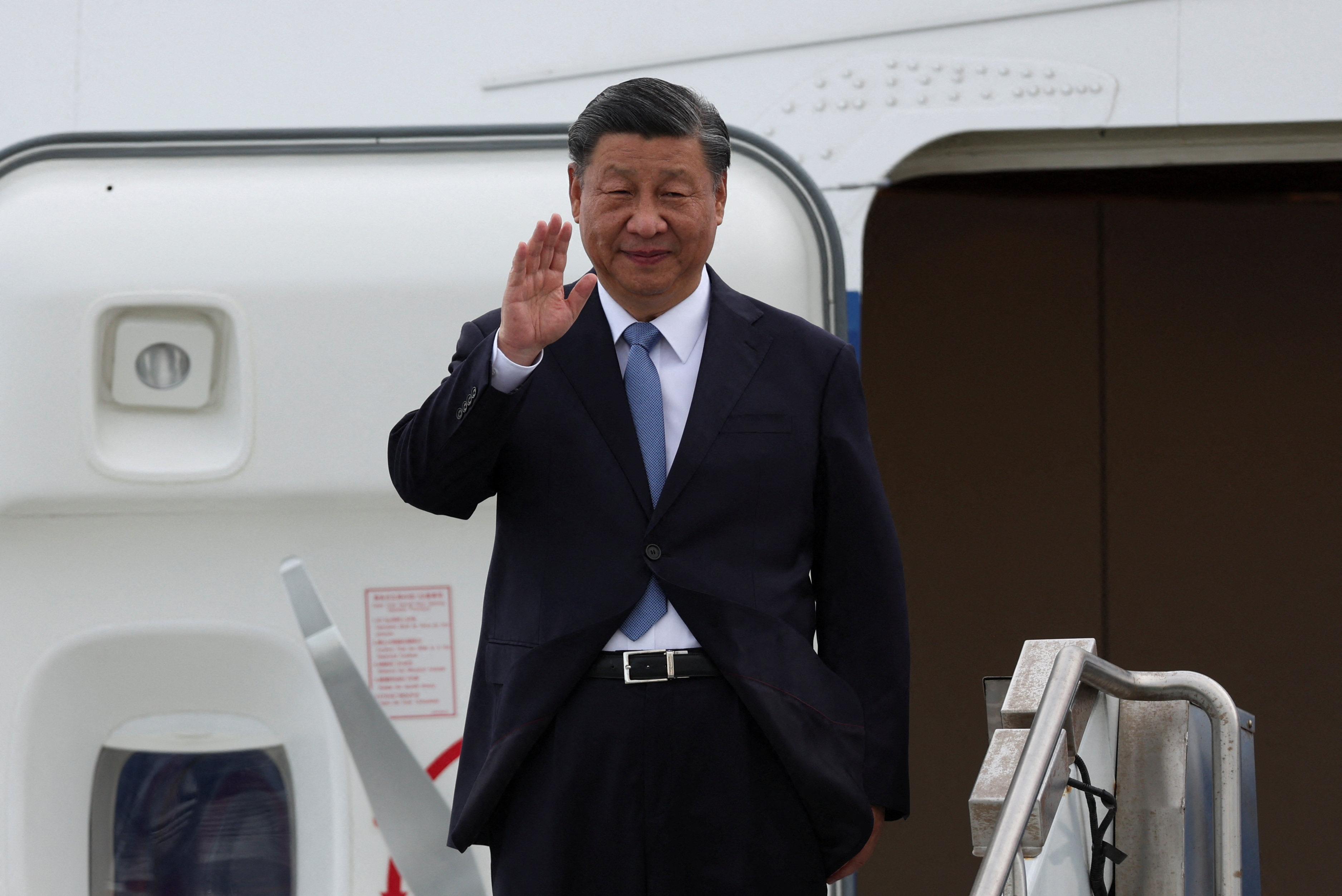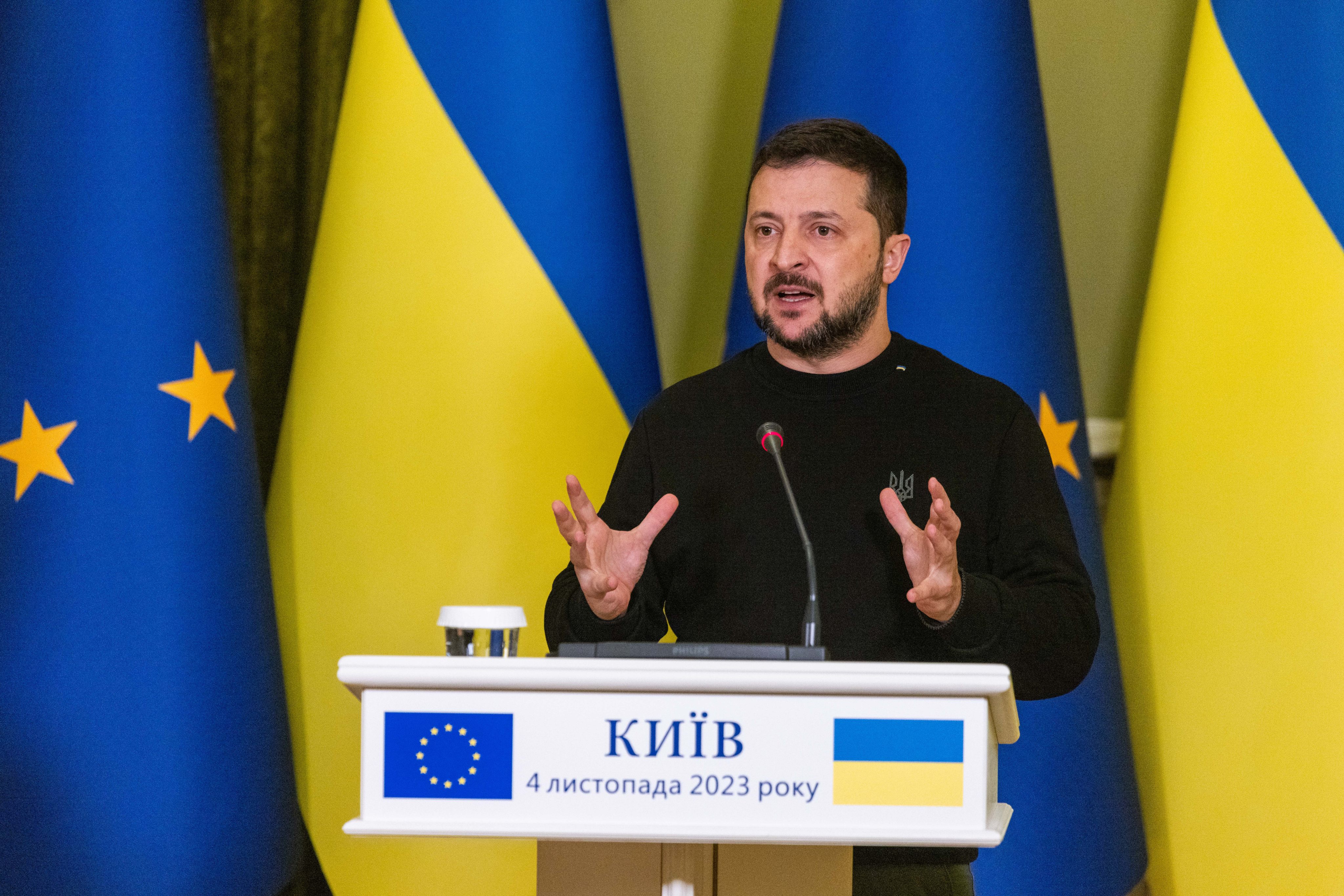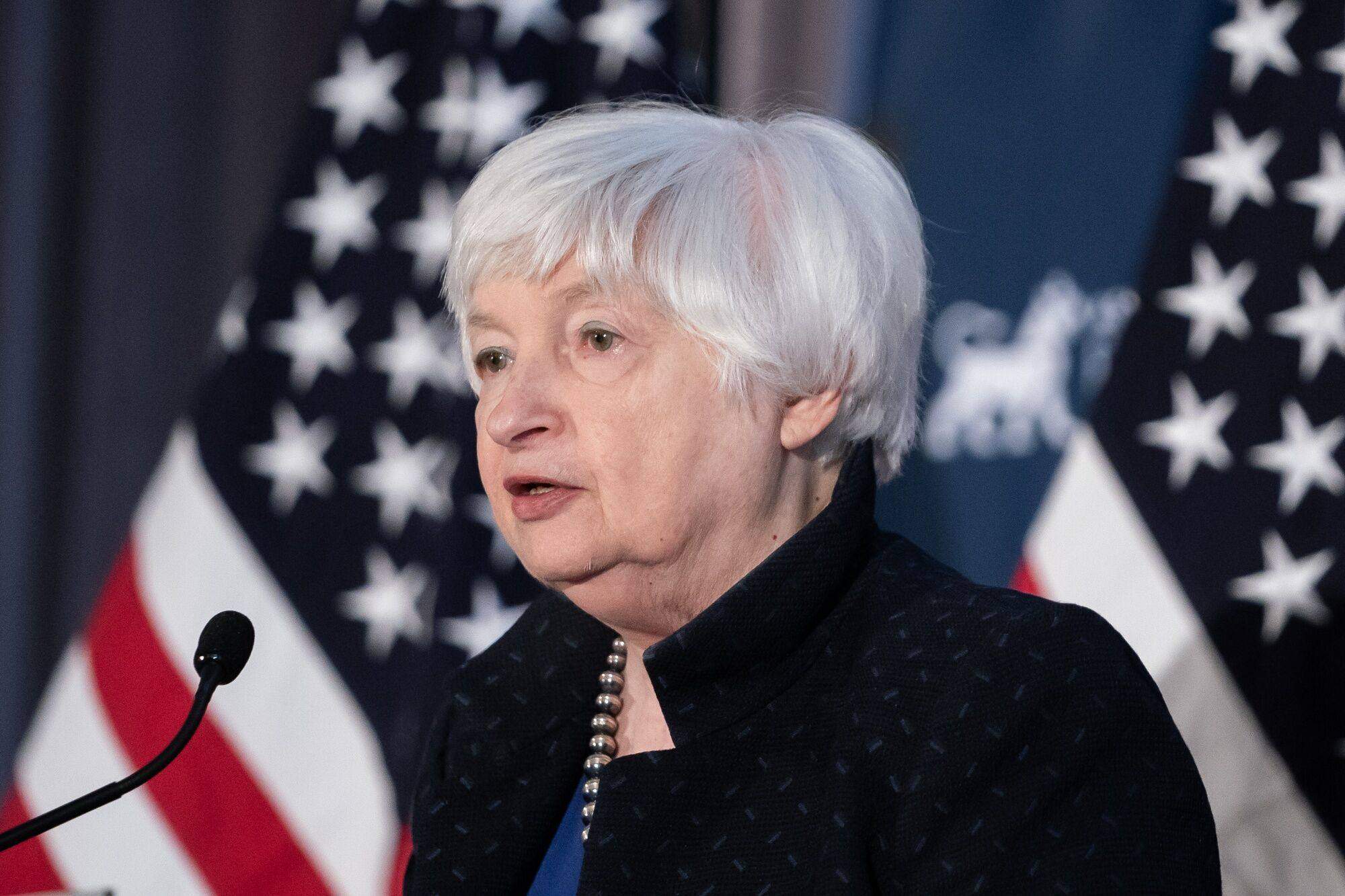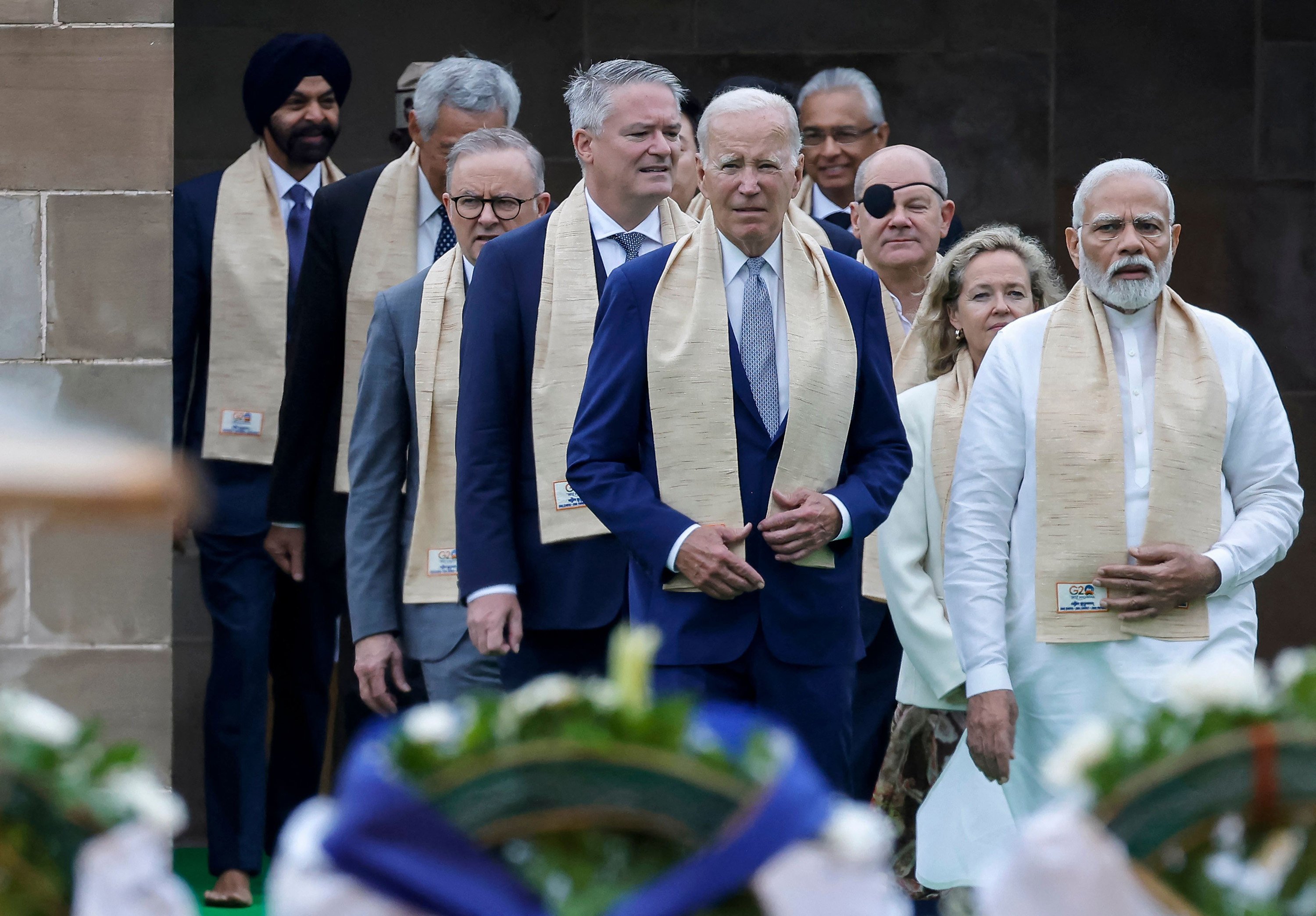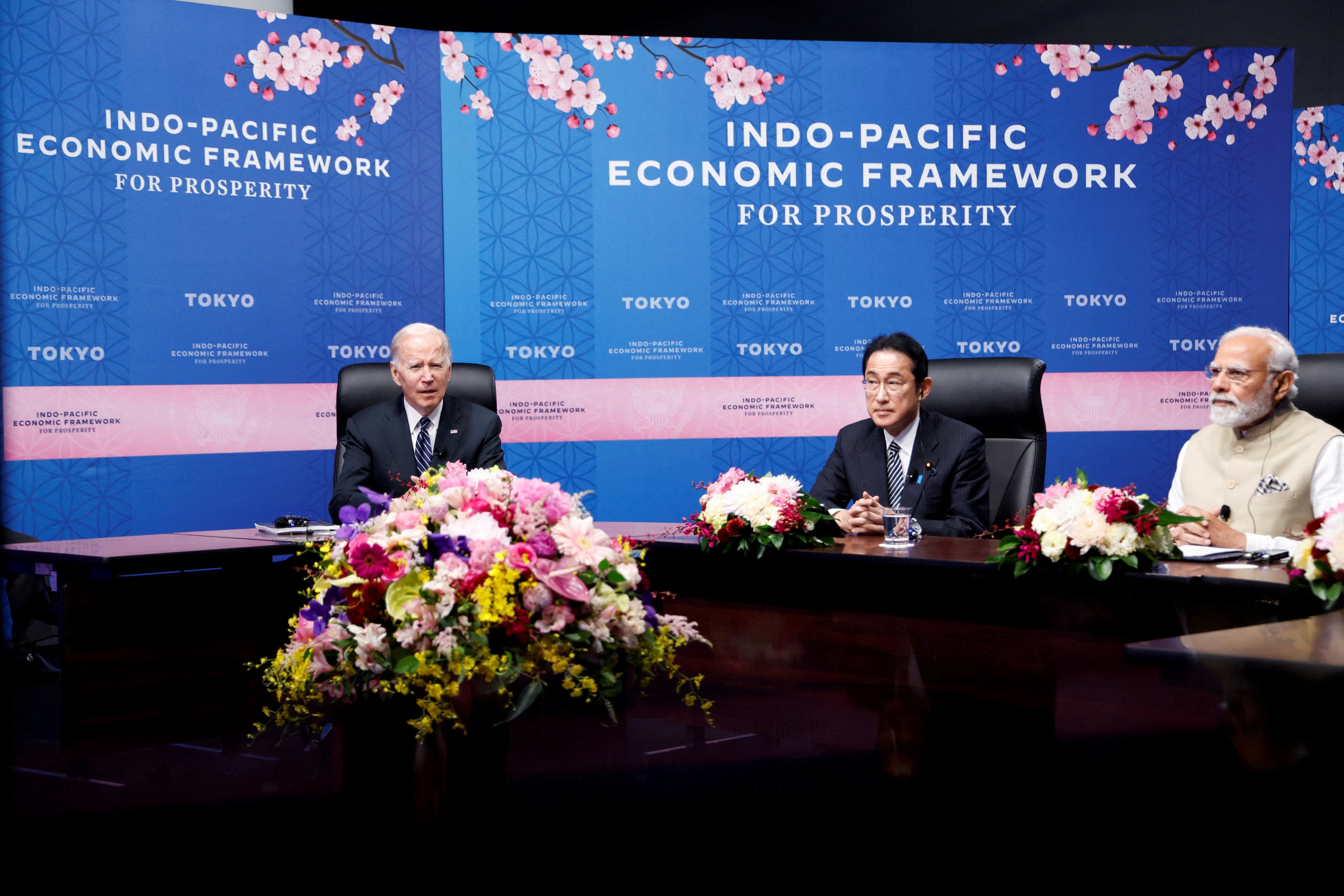TOPIC
Indo-Pacific Economic Framework (IPEF)
Indo-Pacific Economic Framework (IPEF)
The US-led Indo-Pacific Economic Framework (IPEF) was launched by US President Joe Biden during his trip to Tokyo in May 2022. It seeks to establish rules covering areas from data protection to carbon emissions. Its founding members comprise 14 Asia-Pacific nations: Australia, Brunei, Fiji, India, Indonesia, Japan, South Korea, Malaysia, New Zealand, the Philippines, Singapore, Thailand, the US and Vietnam. Together they account for 40 per cent of the world’s gross domestic product.
Opinion | How Biden’s foreign and trade policy flip-flops are confusing US allies
Biden’s statements on Taiwan, the US-China relationship and trade in the Indo-Pacific are creating confusion and mistrust. To keep his allies and supporters on board, he needs a decisive strategy – something he could learn from Kissinger and other political realists.
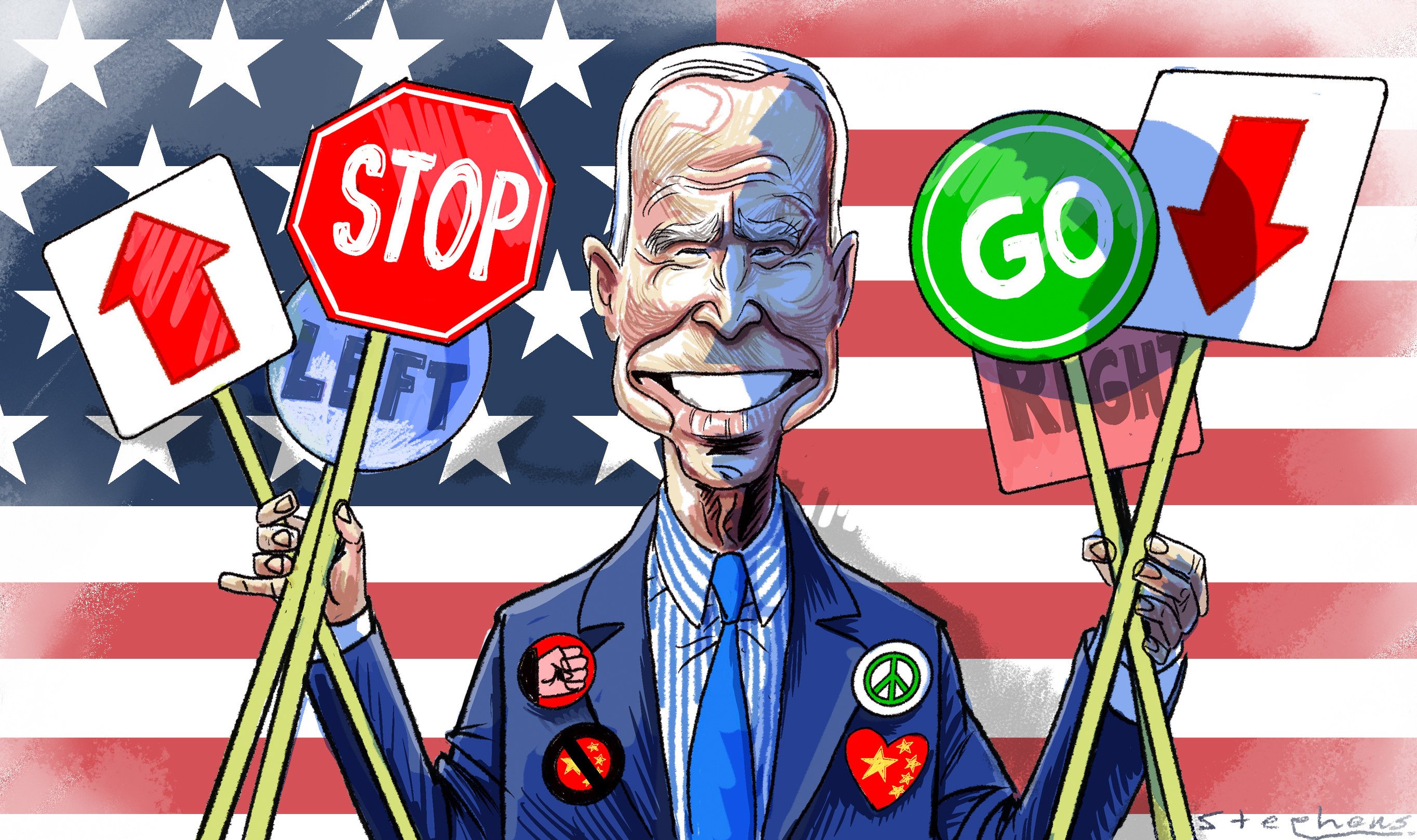
Advertisement
Advertisement
Advertisement
Help preserve 120 years of quality journalism.
SUPPORT NOWAdvertisement
Advertisement
Advertisement
Advertisement
Advertisement
Advertisement
Advertisement
Advertisement
Advertisement
Advertisement
Advertisement
Advertisement
